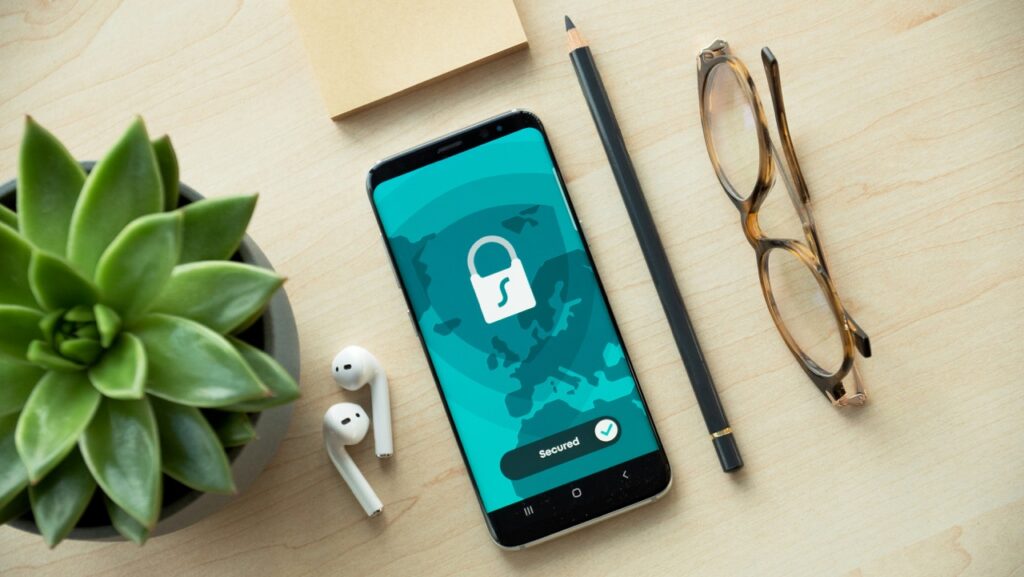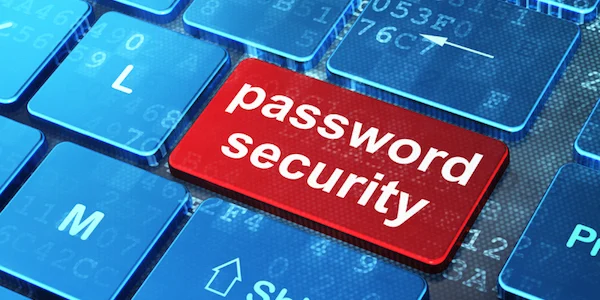Imagine your password as a secret code that protects your online presence. It’s the first barrier someone must overcome to access your computer, social media, or other digital platforms. A robust password is essential for keeping unauthorized individuals from accessing your private information.
Think of your password as a super secret word—a key that unlocks your online accounts. Only those who know this password can gain entry. A strong password is an excellent secret word that is tough for anyone else to guess, ensuring your data remains secure.
Using personal details, phone numbers, or predictable patterns results in weak passwords that could compromise your email, social media, and other online accounts. This jeopardizes both your privacy and security. By employing strong, unique passwords, we enhance our privacy and ensure a safer online experience.
You might wonder: Can I really create a strong password? Absolutely, YES!
Now, let’s discuss practical and straightforward tips for crafting a strong and unique password:

7 Tips for Creating a Strong and Unique Password
Before diving into the tips, it’s useful to understand what constitutes a strong password: A strong and unique password includes a combination of uppercase and lowercase letters, numbers, and special characters. It should also be lengthy enough to withstand brute force attacks.
For example, a strong and unique password might look like this: “Tèckh4mø0n3hôT$”
Detailed Tips:
- Make it Lengthy: Aim for at least 12 characters. The longer the password, the more combinations possible, making it tougher to crack.
- Use a Mix of Characters: Incorporate a combination of uppercase letters, lowercase letters, numbers, and special characters (like $,@,&) to increase complexity.
- Avoid Common Choices: Steer clear of dictionary words, common passwords such as “password,” “123456,” or “qwerty,” and personal information like your name, birthdate, or phone number.
- Don’t Repeat Passwords: Use a unique password for each of your accounts. If one account is compromised, the others remain secure.
- Be Creative: Modify a memorable phrase or word by substituting letters with special characters and numbers to add complexity and make it unique.
- Use a Passphrase: Consider a passphrase, which is a series of words or an entire sentence. This is longer and more complex, like “TellingAfricanTechStories!”
- Employ a Password Manager: A password manager is a software tool that securely stores and manages your passwords in a digital vault.
Benefits of Using a Password Manager
- Automatic Strong Password Creation: Password managers can generate strong, unique passwords for each of your online accounts, removing the hassle of devising them yourself.
- Auto-Fill Functionality: Save time with a password manager that auto-fills your passwords, sparing you from the need to type them each time.
- Secure Storage: Password managers encrypt and store your passwords, protecting them from data breaches and keeping your information safe from hackers.”
This guide should help you understand the importance of secure password practices and how to effectively implement them.












